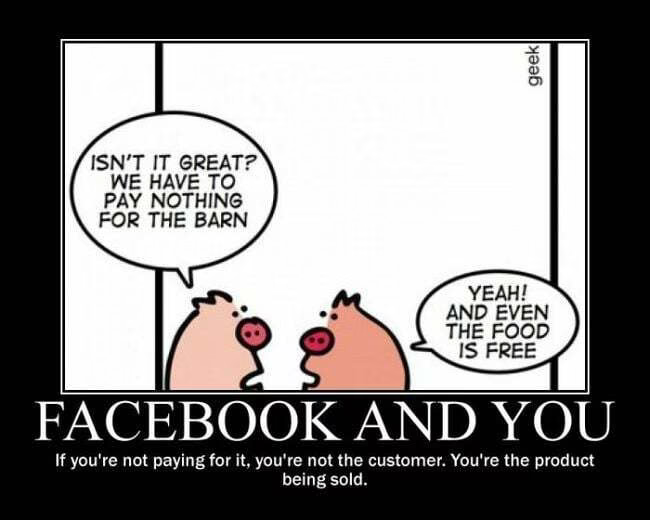Rewards Programs Are Another Way We Pay for Things With Our Data

There’s a famous, often-misattributed quote in the tech scene that says something like:
If you’re not paying for a given service, then you’re not the customer—you’re the product.
Many people, going back to the 70’s
Many people, going back to the 70’sThis is fairly well understood for services like Google and Facebook, where the service is basically free but the companies make most of their money selling your data. Many don’t realize this is happening, but for most people who are aware the tradeoff is still worth it.
But there’s another way this happens as well that people think less about: rewards programs. When you enroll in an awards program, a few things happen:
You provide information about yourself to sign up.
You are then given a member identifier that entitles you to discounts.
You use that identifier whenever you make purchases.
That means the company gets to continue gathering all sorts of information about you. What you buy, where you buy, etc.—plus they find ways to make sure your other data is current as well.
Just as with free services like Google and Facebook, rewards programs involve trading your personal data for something you would have paid for otherwise.
So what you’ve basically done—as a member of these loyalty programs—is literally trade data about yourself for money.
You get a discount on that latte, or that new jacket, or whatever it is, and in exchange the company gets to learn more about you.
The issue is that once they have your data they can not only use it to improve their products and services, but perhaps they could also sell it in various ways to further help their bottom line. I’m sure you read all the loyalty program fine print to make sure they couldn’t?
Again, most people will be ok with this. My concern is when people blindly participate in products, services, and programs without realizing the nature of the relationship. Don’t let yourself, or anyone you care about, be one of those people.
If you’re getting a discount on something—or getting it for free—always ask yourself what the other side is getting out of the interaction.